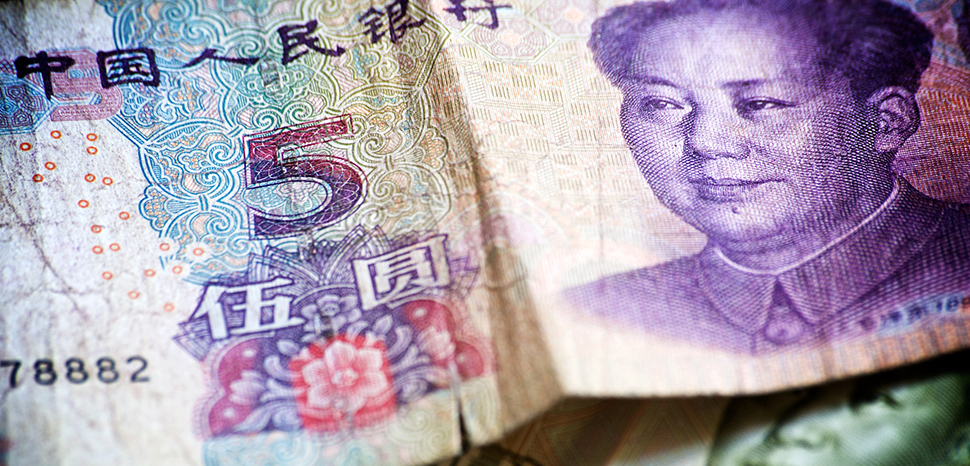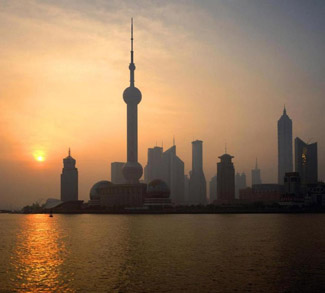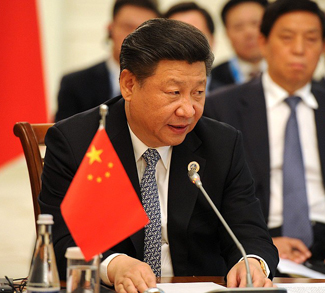China is facing a looming banking crisis that is closely tied to an ongoing meltdown in the real estate sector. While much attention has been given to the real estate bubble, the interconnectedness between the real estate sector and the banking industry poses significant risks to China’s overall financial stability. Understanding the magnitude of the potential crisis requires an analysis of the complex relationship between the real estate crisis, banking system strains, shadow banking activities, and the solvency of local governments.
The real estate crisis in China has been characterized by a slowdown in the market and declining property prices, placing financial strain on developers and homebuyers alike. Evergrande, the country’s largest developer, was ordered to liquidate last year after missing two years of payments on its $300 billion in debts. Similarly, Country Garden slipped into default while carrying approximately $187 billion in liabilities. About two-thirds of the remaining real estate developers have already defaulted or are facing defaults on upcoming payments. This downturn has direct implications for the banking sector, as real estate loans account for a quarter of bank loan portfolios. If the market continues to slump, defaults on these loans could jeopardize the stability of financial institutions.




